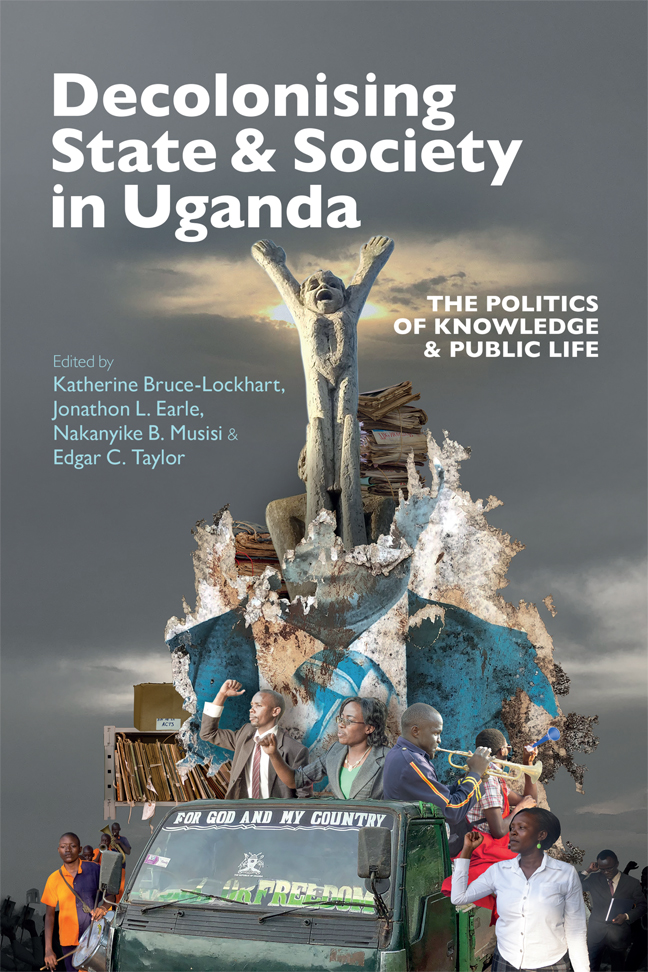5 - The First White Man to See the Nile: Decolonising History Education in Uganda
Published online by Cambridge University Press: 15 February 2024
Summary
In 1973, officials from the Ministry of Education gathered to discuss reforms of Uganda's education system. ‘[I]n subjects like history, geography and so forth’, said one official,
the syllabus must be orientated; instead of saying Speke ‘discovered’ the source of the Nile we are now saying he was the first white man to see it … This is the development in the curriculum, we have got alternatives.
The comment, which elicited laughter from those present, reflected ongoing efforts to shake loose the curriculum's British colonial moorings. It also exposed the challenges of harnessing such a project for the needs of a diverse and fragmented population. Progress toward Pan-African curricula that reclaimed African ownership of the past masked a chronic lack of agreement about Uganda's own history. Ethnic and religious tensions nourished by colonial rule plagued the politics of the new nation. In its first ten years of independence, Uganda grappled with threats of secession, saw the suspension of its constitution, experienced a military coup, spent years under a state of emergency, and suffered the forced abolition of its traditional kingdoms. With stakes in the present high, curricular reformers shied away from controversial pieces of the country's past. In the years to come, Uganda's history would comprise a small fraction of regional and topical Histories of Africa. From 1992 to 2007, in national examinations for a secondary-school course on African Nationalism, no exam featured more than one question on Uganda's history, and four exams lacked questions about Uganda altogether. While Speke's exploits were put in proper perspective, the creation of a national narrative stagnated.
In this chapter, I explore the decolonisation of Uganda's secondary-school History curricula for what it can tell us about the relationship between History, education and state building, and the politics of postcolonial narrative. I show that secondary schools have operated simultaneously as spaces of decolonisation and spaces in which the development of a national narrative stagnated. At the heart of this tension are debates over national identity and politicisation of the past. Beginning with Obote's first tenure in power (1962 to 1971), I weigh rhetorical commitments to curricular change against the controversies that littered the reform process with political landmines and pushed elites toward a Pan-African rather than national narrative.
- Type
- Chapter
- Information
- Decolonising State and Society in UgandaThe Politics of Knowledge and Public Life, pp. 98 - 120Publisher: Boydell & BrewerPrint publication year: 2022

